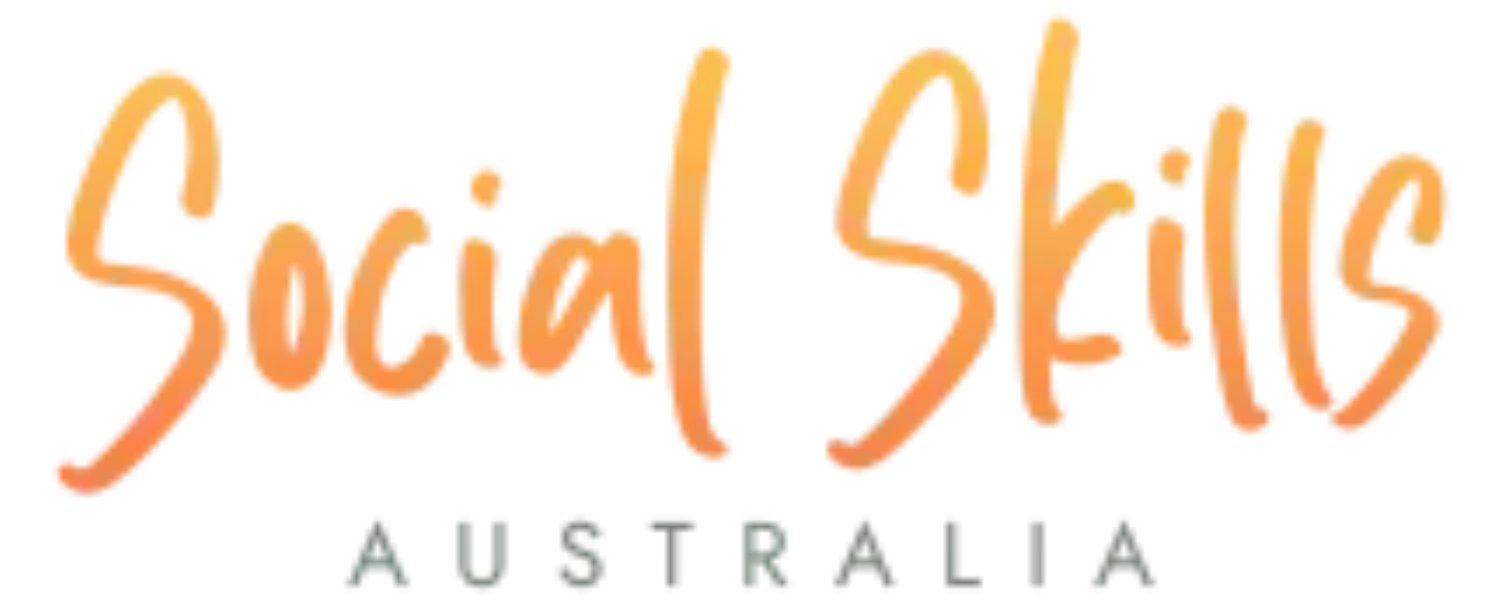A Neurodiverse Guide to Achieving Resolutions in the New Year
As the New Year unfolds, it brings with it a canvas of opportunities to set fresh goals and self-improvement. For neurodiverse individuals, especially those navigating the challenges of social interactions, the prospect of building meaningful connections might seem like a daunting task. Fear not! In this guide, we delve into practical tips and insights to help neurodiverse individuals not only set but also achieve social resolutions in the coming year.
Understanding Neurodiversity
Neurodiversity, an inclusive concept, recognises and celebrates the diverse ways individuals' brains function. It encompasses a range of neurological variations, including autism, ADHD, and other conditions. Acknowledging neurodiversity is crucial in fostering an environment where everyone's unique strengths and challenges are embraced.
Setting Social Resolutions
Reflect on Personal Strengths:
Begin by recognising and appreciating individual strengths. This self-reflection forms the foundation for setting social goals that align with personal attributes.
Identify Social Challenges:
Pinpoint specific social challenges to address. Whether it's initiating conversations, maintaining eye contact, or interpreting non-verbal cues, understanding challenges is the first step toward overcoming them.
Define Realistic Objectives:
Set realistic and achievable social goals. Instead of aiming for drastic changes, focus on gradual improvements in specific areas, allowing for a more sustainable and positive transformation.
Cultivate Self-Compassion:
Understand that progress takes time. Cultivate self-compassion by acknowledging that setbacks are a natural part of the learning process. Celebrate small victories along the way.
Achieving Social Resolutions
Skill Development Programs:
Enrol in skill development programs designed for neurodiverse individuals. Programs like PEERS® offer structured sessions covering a range of social skills, from conversation techniques to handling disagreements.
Enrolments are closing soon. Hurry and register here!
Practice Social Scenarios:
Engage in role-play activities to practice social scenarios. This hands-on approach helps reinforce learned skills in real-life situations, enhancing confidence and competence.
Seek Supportive Networks:
Join communities or groups that provide a supportive environment for neurodiverse individuals. Shared experiences and insights from others on similar journeys can offer valuable guidance and encouragement.
Utilise Assistive Technologies:
Leverage assistive technologies designed to aid social interactions. Apps and tools can assist with communication, organisation, and understanding social cues.
Regularly Evaluate Progress:
Periodically assess and adjust social goals based on progress. What works today might need modification tomorrow, and being adaptable ensures continued growth.
Embarking on a journey toward social success in the New Year is a commendable endeavor. By understanding neurodiversity, setting realistic resolutions, and employing targeted strategies, neurodiverse individuals can cultivate meaningful connections and thrive in social environments. Remember, the path to social success is unique for each individual, and the journey is as important as the destination. Here's to a year filled with growth, connections, and triumphs!
